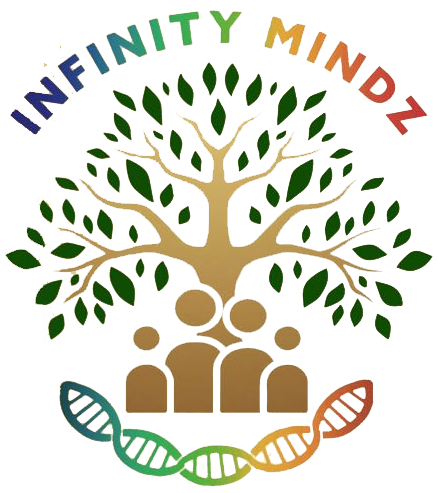Guidance for gentle, emotionally safe transitions
Change is a natural part of life — but for children, it can often feel unsettling, confusing, or overwhelming. Whether it’s starting a new school, moving home, adjusting to a family shift, or something as simple as a change in routine, transitions can bring up a wide range of emotions.
At Infinity Mindz Ltd, we believe that children deserve gentle, grounded support as they navigate life’s changes. When transitions are met with empathy and emotional tools, children are more likely to adapt with confidence, clarity, and calm.
Why Transitions Can Feel Big to Little People
Children thrive in environments where they feel safe and know what to expect. Change disrupts that sense of predictability — which can bring about anxiety, resistance, or even regression in behaviours.
Without the words to express their worry, children often ‘act out’ or withdraw. These are natural responses, not misbehaviour.
How We Support Transitions in Coaching
Our 1-to-1 sessions create space for children to:
– Talk through their feelings and ask questions
– Use drawings or visual tools to map out their thoughts
– Practise calming and grounding techniques
– Rehearse upcoming changes through role play or storytelling
We focus on creating emotional safety first — because a child who feels safe can begin to adapt.
What Gentle Transition Support Looks Like
In sessions, we meet children with patience and curiosity. This might include:
– Exploring what they’re worried about in a safe space
– Celebrating what they can look forward to
– Helping them name and normalise mixed feelings
– Giving them practical tools to feel more in control (routines, visual calendars, grounding objects)
Tips for Parents Supporting Change at Home
You are your child’s safe place. Here are some gentle strategies you can use:
1. Name it early: Talk about the change in simple, reassuring language.
2. Validate feelings: “It’s okay to feel unsure — new things take time.”
3. Keep routines where possible: Familiarity helps them stay grounded.
4. Use visuals: A timeline or picture chart can make the transition feel clearer.
5. Share stories: Books or made-up stories about similar changes can help normalise the experience.
A Final Word from the Infinity Mindz Team
“Transitions don’t need to be rushed — they need to be honoured. When children are supported to move at their own pace, they learn that change doesn’t have to be scary — it can be a bridge to something beautiful.”
If your child is preparing for a life transition, our team is here to offer steady, compassionate support. Let’s walk with them through the changes — one gentle step at a time.
Infinity Mindz Ltd | Supporting emotional growth, one transition at a time
